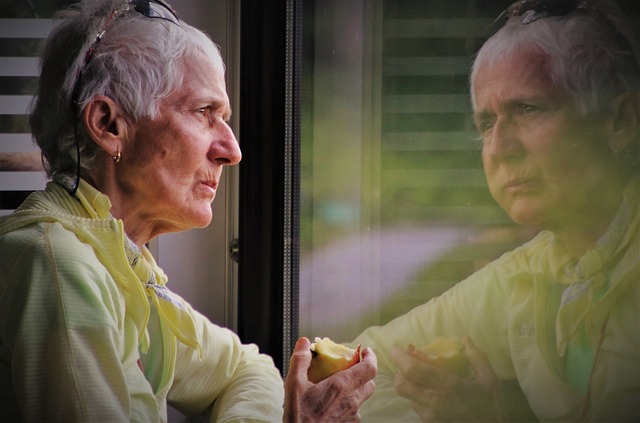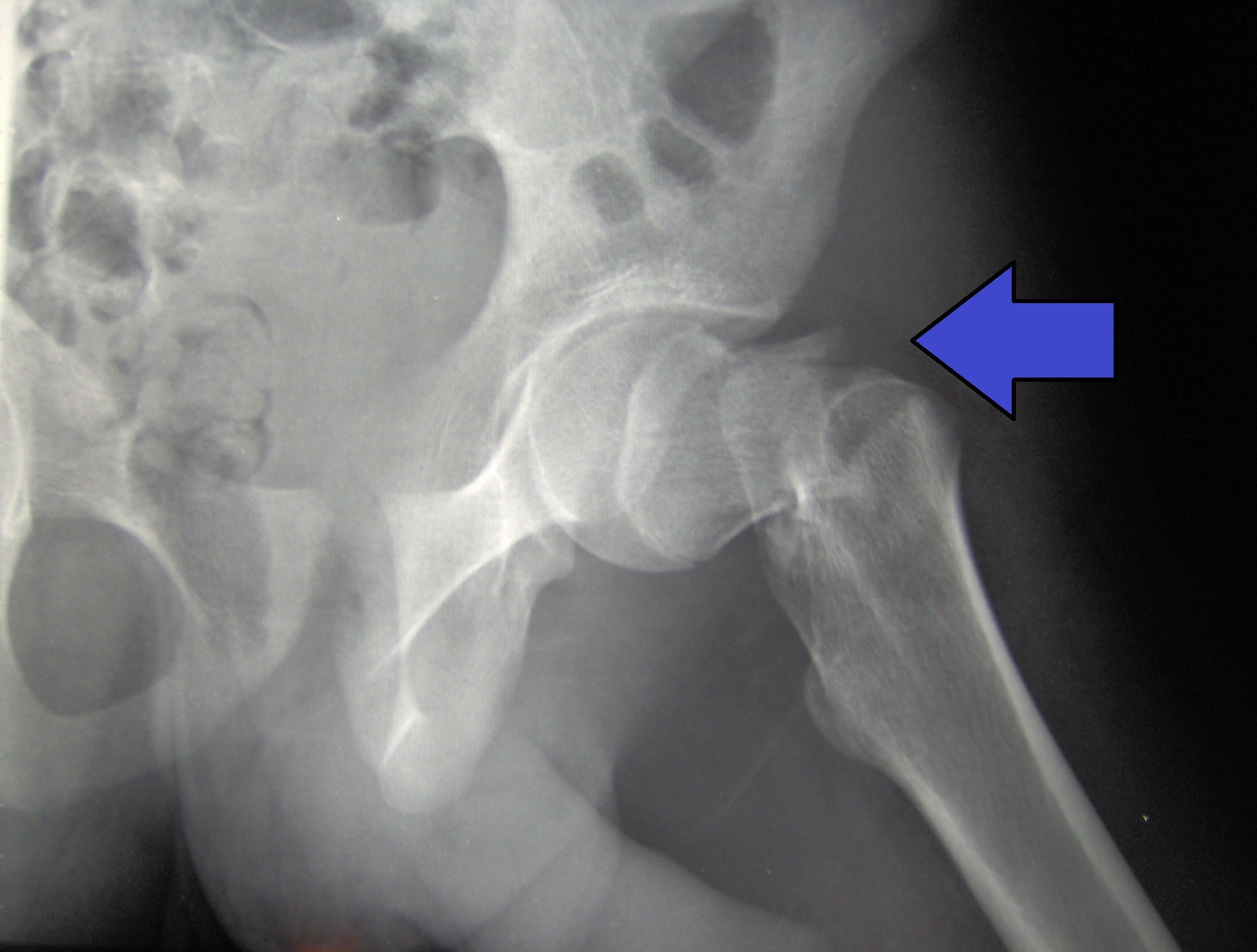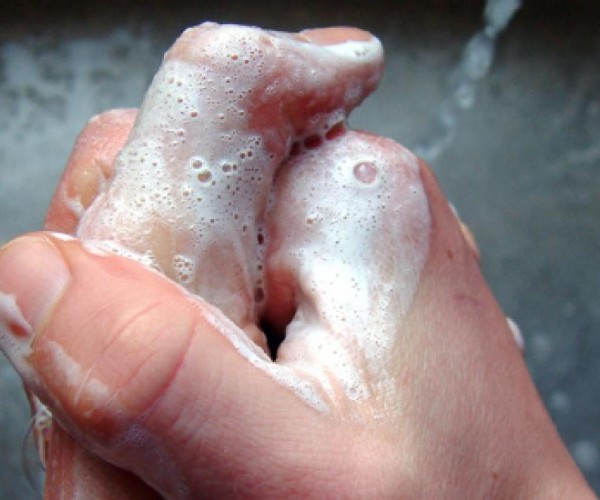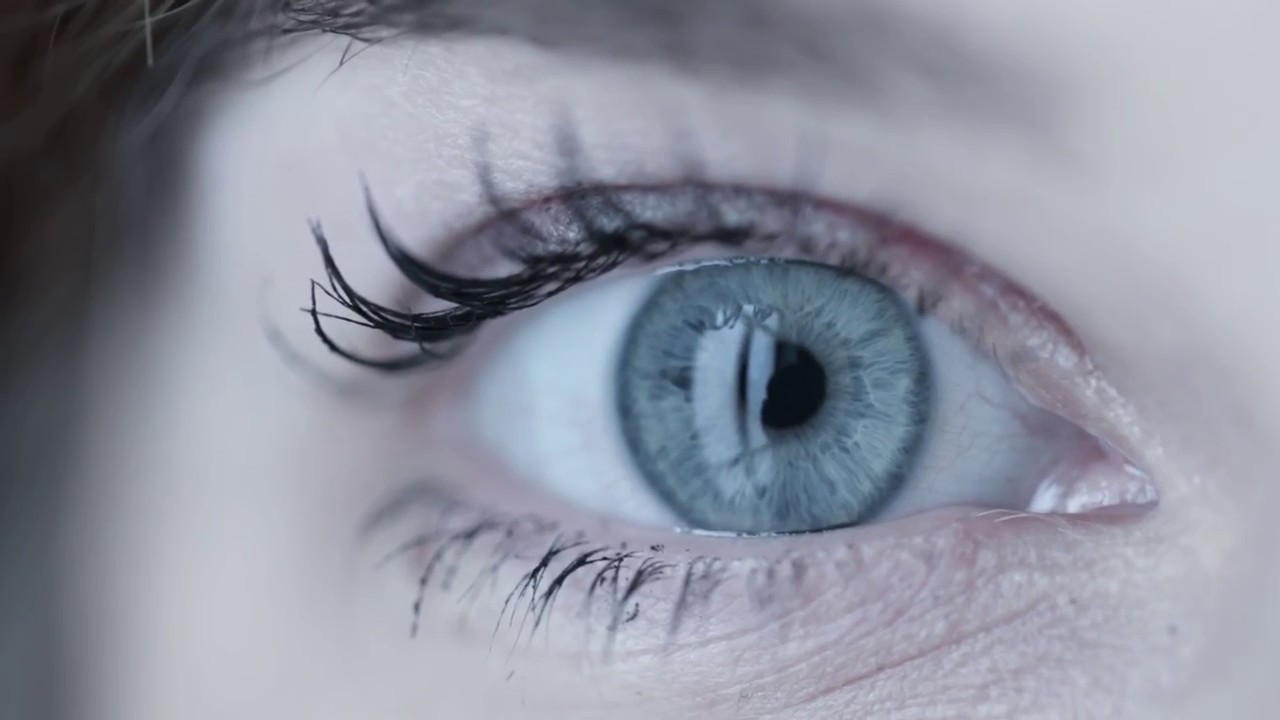We live in a world where jealousy seems to be the trigger for so-called feminicide: in Italy, a woman is killed every two days. As the media reports after the crime has occurred, jealousy and a sick sense of possession over the victim are almost always the cause. Re-education of the male, starting with the family and continuing in classrooms-this is just one of the most obvious solutions that many experts propose. Forgetting that such sentiment, while manifesting mainly in the relationship between couples, is also found in relationships between siblings, between friends, between co-workers. What if literature could be a cure?
Literature as therapy
Based on the idea that reading is able to make us better understand the world around us, a series has just been launched that, by proposing the great classics by means of certain key words (along with jealousy, also corruption, gossip, passion, which not infrequently turn into authentic pathologies), the authors of the “Bibliotherapy Series” of the Maria Margherita Bulgarini publishing house reread the ancients, asking questions that have always existed and trying to give them answers. It kicks off, precisely ”Jealousy” edited by Caterina Barsanti, who well explains in her Preface, “If in the classical age women were also guilty of heinous crimes, in later centuries it was mainly men who psychologically and physically assaulted their women. The woman becomes the quintessential victim of the monster’s fury, and this as mentioned still happens all too often in our days. Literature can in this sense serve an additional function and act as therapy, as a cure, to make the reader, all readers, aware of what can happen in a mind when immersed in destructive logic. Becoming conscious can serve to prevent or curb the violence of progressively uncontrollable moods.”.
Ten authors to understand more about jealousy
The 12 pieces chosen belong to ten immortal authors, from Euripides to Ludovico Ariosto, Shakespeare to Molière, and Tolstoy and Carlo Goldoni. As we immerse ourselves in reading these pages, which range from the comic to the dramatic, we will find abundant food for thought on jealousy, in all its facets. And at the same time, by way of true therapy, we will have the useful tools to better understand the mechanisms that trigger this state of mind, which leads to Othello’s revenge, Medea’s infanticide, and Orlando’s explosive jealousy. In short, a compass for how to deal with “the green-eyed monster that mocks the flesh on which it feeds,” to quote Shakespeare’s Othello.
Either way, bibliotherapy sounds like a great idea to us. And starting with this anthology could also be the first step for all those Italians (6 out of 10) who do not read even one book in a year… After all, dreaming costs nothing!























































































